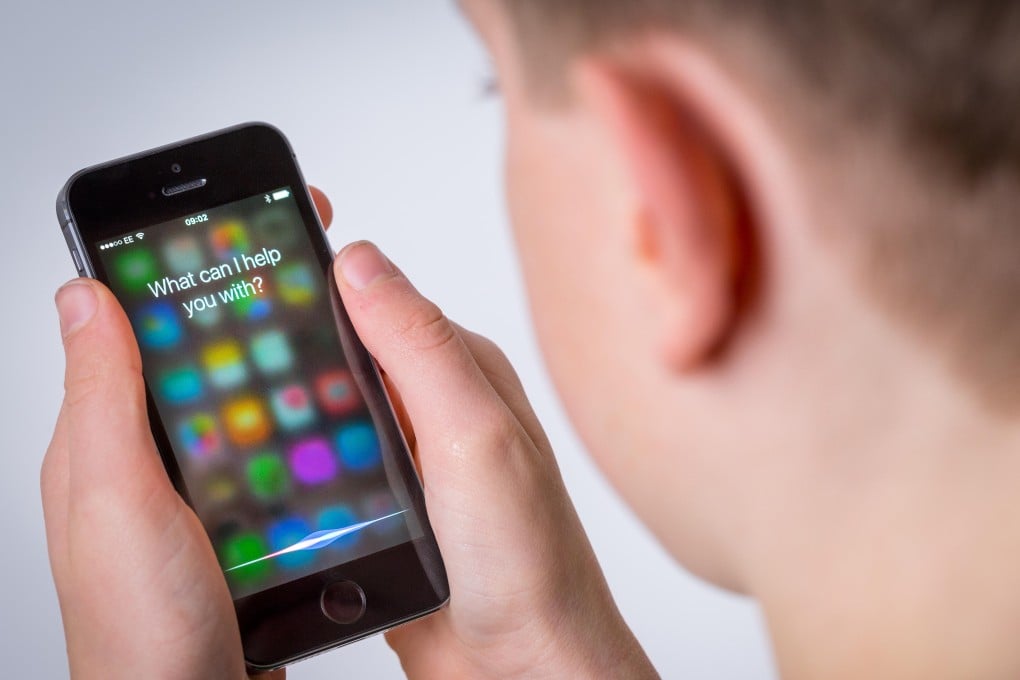‘Please Alexa’, ‘Thank you Siri’: why virtual assistants should be spoken to politely
- Virtual assistants from Amazon, Apple and Google could be teaching kids to be rude and demanding, blurring the line between AI and real humans
- Amazon’s ‘Magic Word’ feature and Google’s ‘Pretty Please’ software both encourage polite interaction with devices

Jeremy Bloom has a polite family. But after a few frustrating failed attempts in which Bloom politely asked Alexa to turn down the volume at dinner time, he shouted instead, “Alexa, zip it.”
“To our surprise, the music immediately stopped,” says the commercial lender from Pittsburgh in the US state of Pennsylvania. “We got a huge laugh out of that. And while not the best lesson in manners for the kids, it is common for us to tell Alexa to ‘zip it’ now.”
As we increasingly rely on anthropomorphised AI-powered voice assistants in our homes, or in our hands, for weather, news, homework help and much more, there’s a question of whether these machines deserve the respect we (hopefully) afford fellow human beings.
In other words, should we use words such as “please” and “sorry” when we ask Amazon’s Alexa, the Google Assistant or Apple’s Siri to do something on our behalf, or follow up with a “thank you” when the devices deliver on our requests? And if we’re bratty with Alexa and the others, what does that teach our kids and say about our own level of civility?
When you’re talking to very young infants who don’t understand it’s a machine and we want them to hear kind engagement with other people, it stands to reason that we should be using manners
Dr Laura Phillips, a clinical neuropsychologist at US non-profit the Child Mind Institute, says the answers are “complicated and really nuanced”.